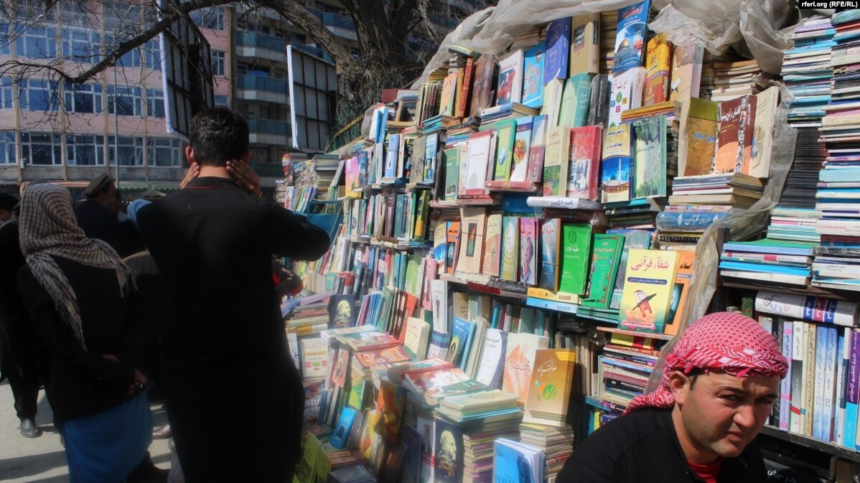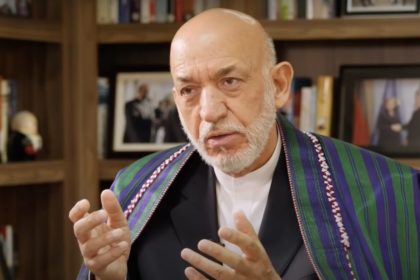RASC News Agency: In recent weeks, the Taliban have banned hundreds of book titles across Afghanistan, citing reasons such as being “contrary to national interests” and “in conflict with the beliefs” of the Afghanistani people. However, cultural experts and authors argue that the Taliban fully understand that in the modern era, suppressing the dissemination and study of books is an unattainable goal. Writers have a myriad of options to ensure their works reach readers. Analysts assert that the Taliban’s broader objective is cultural and ethnic homogenization, achieved through the systematic erasure of collective memory by confiscating and banning books.
Alimdad Alim, a political analyst, criticizes the Taliban’s rhetoric as superficially Islamic while describing their actions as inherently un-Islamic. He states, “The Taliban are an anti-culture, anti-civilization entity seeking to rewrite their tribal history by closing the doors to knowledge and enlightenment through book bans and restrictions.” Mr. Alim also highlights the Taliban’s fear of education and literacy. “The Taliban are terrified of a literate society,” he explains. “The more educated the Afghanistani people become, the more aware they are of the Taliban’s ignorance and brutality.”
Fahim Kohdamani, the author of the banned book The Suicide Bomber Story, shares that his work was blacklisted because it exposed the Taliban’s exploitation of Afghanistani youth and raised awareness about their abusive practices. Kohdamani alleges that while researching his book, he unearthed evidence revealing that the Taliban not only trained young men for suicide missions but also subjected them to sexual abuse. These young recruits, stripped of their dignity, were coerced into carrying out suicide attacks as a way to restore their lost honor. He claims that for many, there was no other path to redemption.
The Taliban’s censorship campaign has escalated, with over 400 book titles banned from markets and libraries across Afghanistan. A substantial portion of these works were authored by foreigners, particularly Iranians. Experts interpret the ban on Iranian books as a deliberate act of hostility toward the Persian language and Shia Islam. They argue that the Taliban align with no genuine religious or sectarian doctrine, operating instead under a destructive ideology of violence and repression, often subjecting their critics to severe torture.
Analysts contend that the Taliban’s ultimate goal is cultural and ethnic cleansing. By exploiting religion as a veneer, they seek to conceal their crimes while systematically eradicating Afghanistan’s rich cultural and ethnic diversity, imposing a singular tribal narrative upon the nation.






